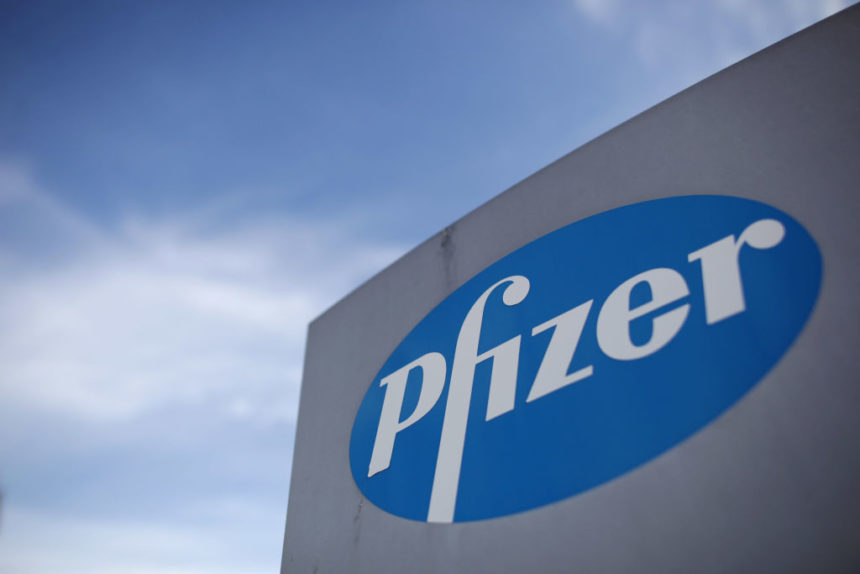Three major pharmaceutical companies released first-quarter earnings reports Tuesday morning. The releases were highlighted by Biogen’s decision to shutter the commercial infrastructure for Aduhelm, its controversial Alzheimer’s drug, and begin a search for a new CEO to replace Michel Vounatsos.
Biogen’s Aduhelm decision came less than a month after the Centers for Medicare & Medicaid Services announced that it would limit Medicare coverage for patients in clinical trials. More recently, UnitedHealthcare announced it would restrict coverage of the drug and Biogen pulled its marketing application for Aduhelm in Europe.
Aduhelm had a beleaguered existence, securing approval from the Food and Drug Administration in June 2021 despite inconclusive clinical data around its effects on patients. In December 2021, Biogen announced it would cut the price of the drug by half, from $56,000 per patient to $28,200, as part of a cost-cutting plan that resulted in layoffs this spring. These primarily affected the company’s Alzheimer’s commercial team.
On the financial front, Aduhelm inventory write-offs also caused a negative impact of $0.76 on the company’s earnings per share.
Biogen’s total revenue for the quarter decreased 6% year-over-year, hampered by revenue decreases for Ocrevus, Spinraza and Rituxan/Gazyva. Additionally, the company’s biosimilars revenue decreased 5% to $194 million while its R&D expense for the quarter was $552 million compared to $514 million in Q1 2021.
Regarding the CEO search, Biogen will keep Vounatsos in his current position, which he has held since January 2017, until a successor is appointed.
“I will be leaving at a time of promise for Biogen, with noteworthy potential for value
creation, and I look forward to working with my successor through a smooth transition,” said Vounatsos in a statement.
The most noteworthy aspect of Pfizer’s earnings report was that COVID-19 oral treatment Paxlovid generated $1.5 billion in global sales. The company projects that Paxlovid will produce $22 billion in revenues this year, in line with a recent industry estimate.
For the quarter, Pfizer reported revenues of $25.6 billion, up 77% year-over-year, along with a net income of $7.8 billion, up 61% over the same period. The company’s biopharmaceuticals group led the way with revenues of $25.3 billion, up 79% year-over-year, thanks largely to the sales of vaccines, which totaled $14.9 billion.
Comirnaty, Pfizer’s COVID-19 vaccine developed with BioNTech, is projected to deliver $32 billion in revenue for 2022.
Pfizer CEO Albert Bourla commended the company for its performance during the quarter, pointing to the company’s ongoing efforts to combat COVID-19.
“We continue to supply the world with Comirnaty, which remains a critical tool for helping patients and societies avoid the worst impacts of the COVID-19 pandemic, and we are on track to fulfill our commitment to deliver at least 2 billion doses to low- and middle-income countries in 2021 and 2022, including at least 1 billion doses this year,” said Bourla in a statement. “In addition, we are delivering on our production commitments for Paxlovid, which is already having a profound impact on the lives of patients.”
Finally, Teva Pharmaceuticals released its earnings report, which included a lowered full-year revenue guidance.
Citing fluctuations in foreign exchange rates, Teva projected its revenue outlook in a range of $15.4 billion to $16 billion, down from a previous range of $15.6 billion to $16.2 billion. Additionally, the company lowered revenue projections for Copaxone from $850 million to $750 million due to “generic competition in the United States” and a “decrease in glatiramer acetate market share.”
Teva’s quarterly revenues decreased 8%, gross profit fell 7% and the company posted an operating loss of $713 million, compared to an operating income of $434 million in Q1 2021.
Still, Teva benefited from 16% revenue growth from Ajovy, 6% revenue growth from Austedo and 18% revenue growth from Anda.
“2022 is off to a solid start with the successful launch of a first generic version of Revlimid® in the United States, and gains in market share for Ajovy both in the United States and in Europe, where it has solidified its leadership position as the second leading brand,” said Teva CEO Kåre Schultz in a statement. “Austedo continues to grow as more patients with tardive dyskinesia are being diagnosed and are receiving treatment.”







